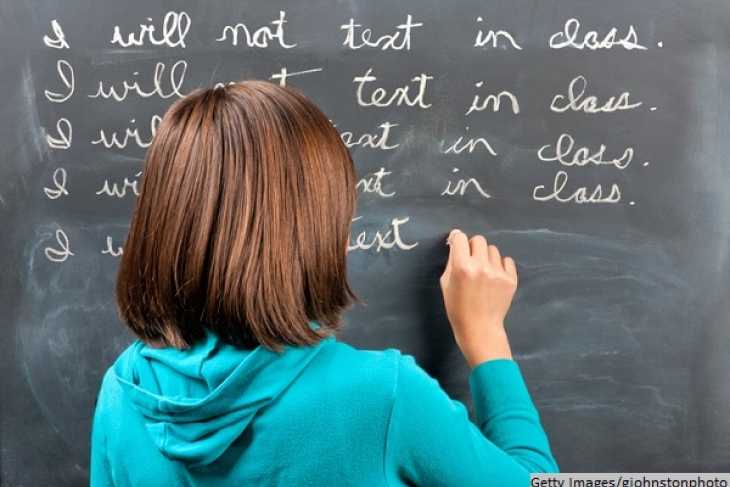Editor's note: This is the sixth entry in our forum on charter school discipline practices. Earlier posts can be found here, here, here, here, and here.
Many thanks to Mike Petrilli for launching this forum. Paul Hill’s contribution looked at the matter of discipline from the vantage of a school. In this post, we’d like to provide a charter school authorizer’s perspective.
An authorizer’s primary responsibility is to certify that charter schools comply with applicable laws, are open to all children, provide a healthy and safe environment, don’t misuse taxpayer dollars, and offer high academic quality while respecting a charter school’s freedom to design and run its own programs. Unlike traditional school boards, good authorizers focus on outcomes (like graduation and proficiency rates) and not on inputs (like what curriculum a school chooses to use). We avoid mandates and respect schools’ individuality.
Mike argues that schools’ use of out-of-school suspensions should be wholly up to them, akin to their dress codes or class sizes. We disagree for these reasons:
- Excessive out-of-school suspensions and any use of expulsion causes children to leave their schools and enroll in new ones. This impacts traditional public schools and other public charter schools who then enroll these students. We cannot ignore this in a city where public charter schools serve nearly half of all students.
- Students of color and students with disabilities are suspended more often than white students and general education students. This raises potential civil rights issues. DC PCSB is charged with providing oversight of civil rights laws and is proud of the progress our schools have made. If we abdicate this responsibility, others will step in with a far heavier hand than ours.
- A suspended student is an absent student, with the absence required by the school in this case. Authorizers have a well-recognized interest in student attendance and truancy.
- Finally, there is a political dynamic that we cannot avoid. A rising tide of opposition to out-of-school suspensions can lead to laws or regulations that tie schools’ hands. Authorizers must absolutely resist latching onto the latest educational trends; we should protect charter schools from such shifting winds. But we ignore major democratic trends at our peril. If we don’t address issues important to the community in our own way, elected officials will do the job for us by creating policies that hamper charter independence.
So yes, when we started at the DC Public Charter School Board in 2012, we felt we needed to address expulsions and out-of-school suspensions. But as any good authorizer would, we looked for opportunities that avoided mandates and respected schools’ individuality and control over their operations.
Our approach focuses on data and transparency. Schools report every expulsion and out-of-school suspension to us monthly. We publish this data every year. Throughout the year, we let schools know if their year-to-date data makes them significant outliers. And we ask to meet privately in “board-to-board meetings” with the trustees of schools whose suspensions or expulsions are well above the city’s average. We have never required schools to lower their rates, never interfered with a discipline decision, and never punished a school for high discipline rates. Indeed, we recently approved the expansion of a school with some of the city’s highest out-of-school suspensions rates.
Mike has referred to our board-to-board meetings as “Star Chambers” and “interrogations,” They are not. They are opportunities for dialogue that ensure that a school’s board is fully engaged with the decisions being made by the school.
Simply focusing on data transparency has been remarkably effective: suspensions are down by a third, expulsions are down by two-third, and we've seen no evidence that schools' climate or cultures have deteriorated. No school wants to show up at the top of a “highest expulsion” list, so this motivation surely contributes to the decline. But more important, the data has raised the visibility of discipline decisions throughout school leadership. Prior to our data release, school boards, executive directors, even principals sometimes had no idea how often students were being suspended, since these decisions were made by school staff. Now every school’s leadership is aware, ensuring out-of-school discipline decisions are deliberate, thoughtful, and consistent with each school’s values.
This deliberate process has led many schools to rethink their approach to student behavior, engagement, and discipline, as we highlight in a recently published white paper. The paper describes three charter school networks that have already taken Secretary King’s challenge: Each is breaking new ground in its approach to discipline and showing once again that public charter schools are at the vanguard of public school innovation.
Scott Pearson and Naomi Rubin DeVeaux are the executive director and deputy director of the DC Public Charter School Board.

